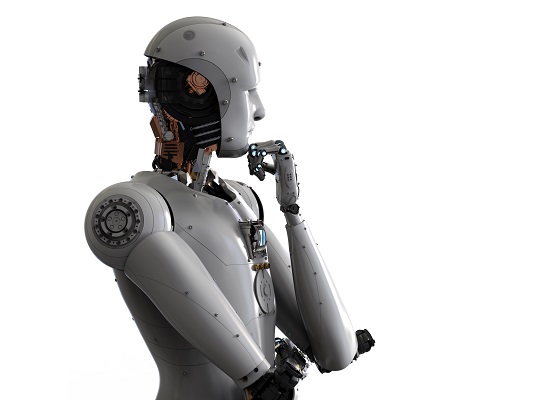 Robot workers offer quite a few advantages. For example, they work without breaks or holidays. They can be bought once rather than paid for over and over again.
Robot workers offer quite a few advantages. For example, they work without breaks or holidays. They can be bought once rather than paid for over and over again.
Entrepreneur Andrew Yang, in his book The War on Normal People, suggests another advantage: they don’t hold grudges. Lay off a dozen workers and replace them with robots, and your remaining human employees may start looking around for another job. Decommission robots and the remaining robots won’t remember or care.
As machine learning begins to make its way into factories, robot memory is on the minds of machine builders. Sensors that collect and transmit firehoses of data into the cloud don’t have to store any of that data. For machine learning, though, machines have to remember and learn from myriad event and interactions.
Decisions about which files to clear out can be hard enough when it’s just a matter of freeing up memory on our desktops or reducing the number of apps we have to scroll through on our phones. Deciding what kind of information robots can forget is even more complicated.
Danish robots have been programmed to remember and learn from their mistakes. Initially, they were programmed to calculate all the possibilities for the job they were working on, but that turned out to be inefficient. Having the machines remember what they had tried and failed with was a faster approach.
In Singapore, researchers are working on haptic memory: sensors that store information about what they’ve touched. The point here is to create machines that can pick up different objects in different ways, as humans do, and avoid either dropping or crushing things by learning the appropriate grasp for various materials and items.
There is no evidence that people ever get rid of information or memories. We can’t always access them, but we have no proof that healthy brains ever delete anything. We are, however, able to keep some memories more accessible than others. We can, in other words, decide to forget about some things and to remember others. At this point, robots don’t have this skill.
Remembering and forgetting are just a tiny fraction of the issues at the edges of AI. As we continue to improve machine learning in industrial robots, we’ll have to make decisions about these and many more elements.
In the meantime, you can always call us whenever you need service or support for Rexroth electric industrial motion control. We’re specialists in this particular kind of motion control system, from the oldest legacy components to the newest versions.
